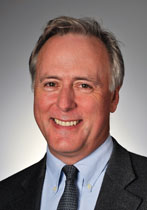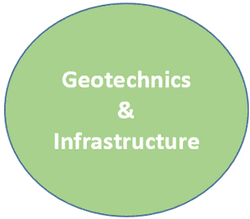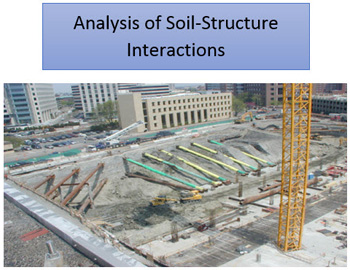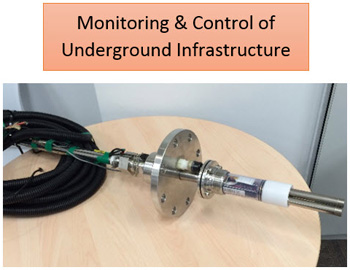
Andrew J. Whittle
Edmund K. Turner Professor in Civil Engineering
Geotechnics & Infrastructure
I am a civil engineer whose research involves three main lines of activity:
1) Fundamental understanding and modeling of geomaterial behavior.
Much of my research has involved the development of constitutive models to characterize the engineering properties of soils based on the framework of elasto-plasticity. Recent studies have focused on time-dependent aspects of soil behavior, multi-scale modeling of clays and sands, and simulation of coupled thermo-hydro-mechanical behavior and complex material response under cyclic loading. Other on-going interests relate to the modeling of properties associated with diagenetic processes (formation of sedimentary rocks).
2) Development of analysis methods for predicting and/or interpreting soil-structure interactions.
One of the most prominent applications of my prior soil modeling work relates to the performance of braced excavations and control of associated ground movements. Through a series of case studies I have shown how improvements in finite element predictions using advanced constitutive models calibrated from laboratory element tests could be achieved and could generate substantial cost savings in the design of temporary earth support systems. My current research is now focused on methods to control or reduce risks during construction through the integration of online monitoring data and updating of model predictions.
Other areas of on-going research relate to the control of ground movements associated with urban tunneling projects, the seismic performance of waterfront structures, and challenges associated with novel types of offshore foundations.
3) New concepts for monitoring and controlling underground infrastructures.
Wireless sensor networks have provided a new paradigm for online monitoring of networked infrastructures.To date my research has focused on Water Distribution Systems (WDS) that comprise complex networks of pipes with branched and looping motivated primarily by the need to reduce losses through leakage and to mitigate damage associated with pipe burst events. We have used online water pressure measurements to detect and localize underground pipe bursts (in near real time) through a relative sparse set of sensor nodes strategically deployed within the pipe network.
My long-term goals for this research are to contribute to improving urban water supplies and to provide better tools for managing underground infrastructure assets.




